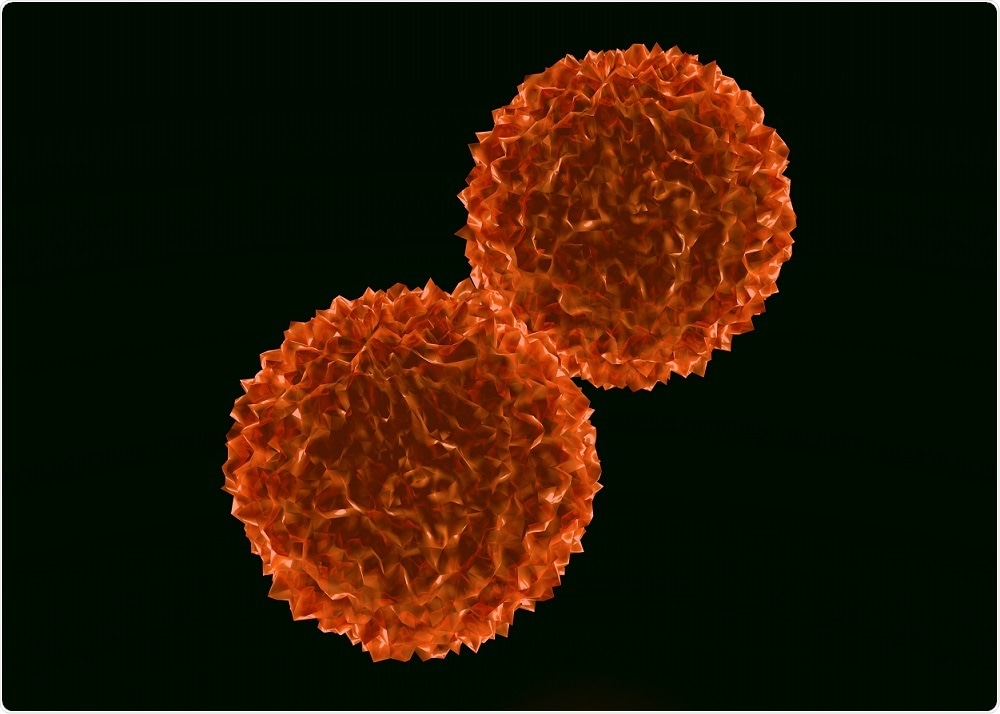Researchers have made an important discovery about the cellular reprogramming process used in stem cell research for the development of regenerative medicines.

Credit: Sebastian Tomus/Shutterstock.com
The study, which was conducted by Shinya Yamanaka (Gladstone Institutes, San Francisco) and colleagues, was recently published in the journal Cell Reports.
More than ten years ago, the team made a discovery that would revolutionize biomedical research and trigger the field of regenerative medicine; they found out how to reprogram human adult cells into induced pluripotent stem cells (iPSCs). Researchers could then use these patient-specific iPSCs to study diseases or even develop new tissues that can be used as therapies.
The researchers identified four genes, abbreviated as O, S, K and M, that enable adult cells to transform into iPSCs. They knew that the genes O, S and K helped the cells to become pluripotent and able to produce any other type of cell in the body. However, the role of gene M (short for MYC) was unclear.
The researchers found that MYC boosted the efficiency of the reprogramming process by 10%, but they did not know why.
Now, the team have found out that MYC helps cells to get around a roadblock that stops them from multiplying. If MYC is not added, the cells never overcome this obstacle and cannot successfully transform into iPSCs.
"We realized that MYC seems to help cells get around this roadblock, and that this needs to happen for adult cells to turn into iPSCs, but we still didn't quite understand how MYC did that," explained Takahashi.
"Interestingly, we were able to figure it out thanks to three discoveries that happened independently in the lab, while people were working on different things," he added.
Following these discoveries, the team realised that the reprogramming process involves many genes and proteins that are key in cancer biology. They now think that the roadblock that prevents the cells from multiplying is also the one that tries to prevent cancer from spreading.
When cancer biologists add certain factors to a cell that should drive it toward cancer, the cell panics and, to protect itself, it stops multiplying. We think the same thing is happening here, because cells are reacting to reprogramming as if it were cancer. It's not that they're trying to block the cells from transforming into iPSCs, but they've simply never been exposed to this process before and don't know how to react."
Kazutoshi Takahashi, Gladstone Research Investigator
This study debunks certain theories about the role of MYC in cellular reprogramming and paves the way for further research in the field of regenerative medicine that will help to answer the next set of questions.